
Host of Many Minds (@manymindspod.bsky.social)
www.kensycooperrider.com
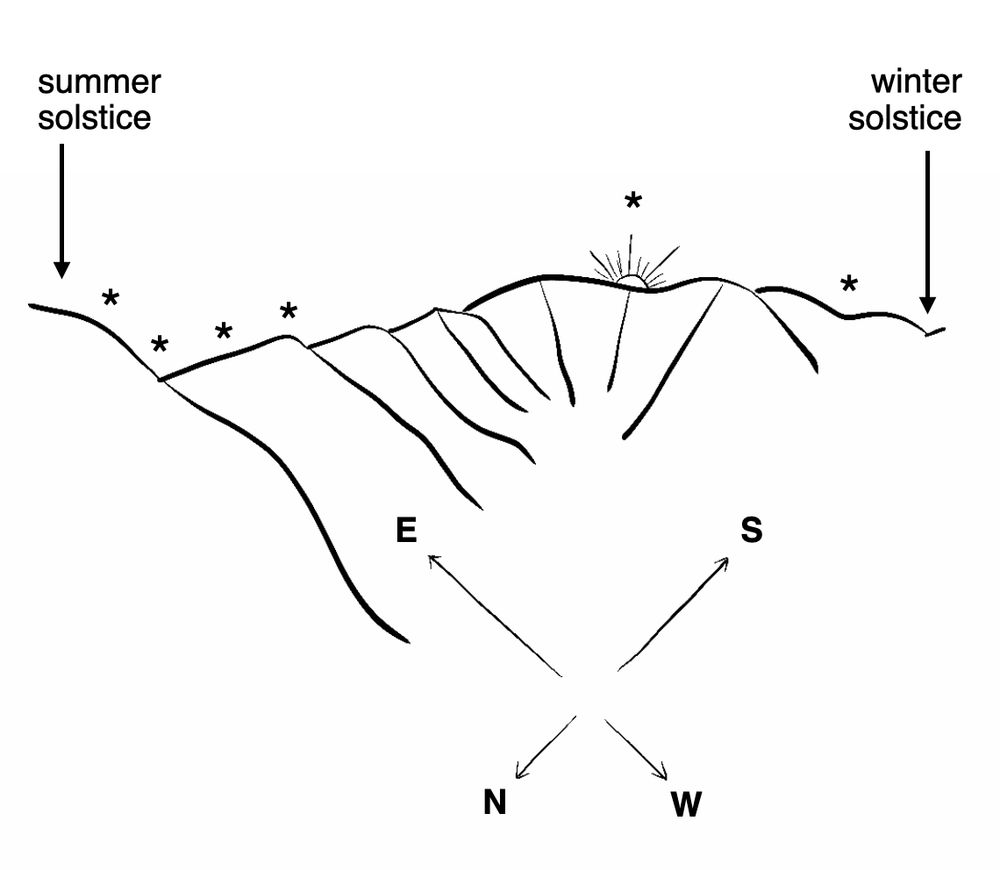
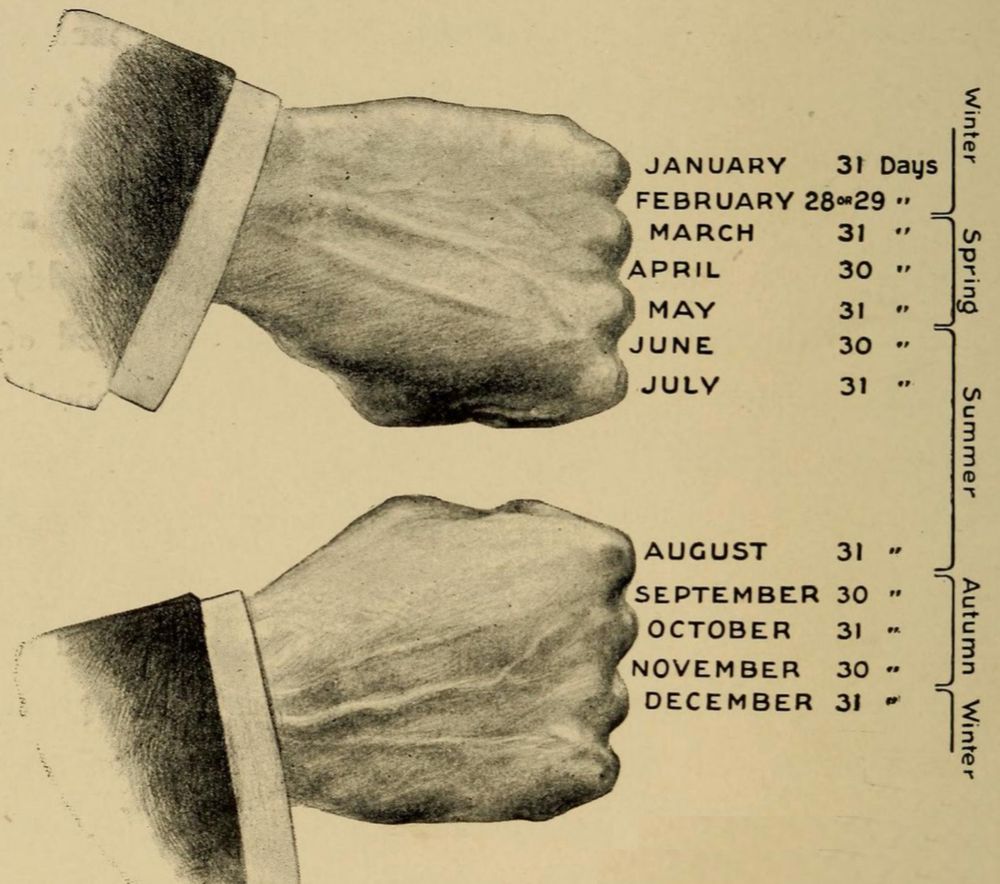
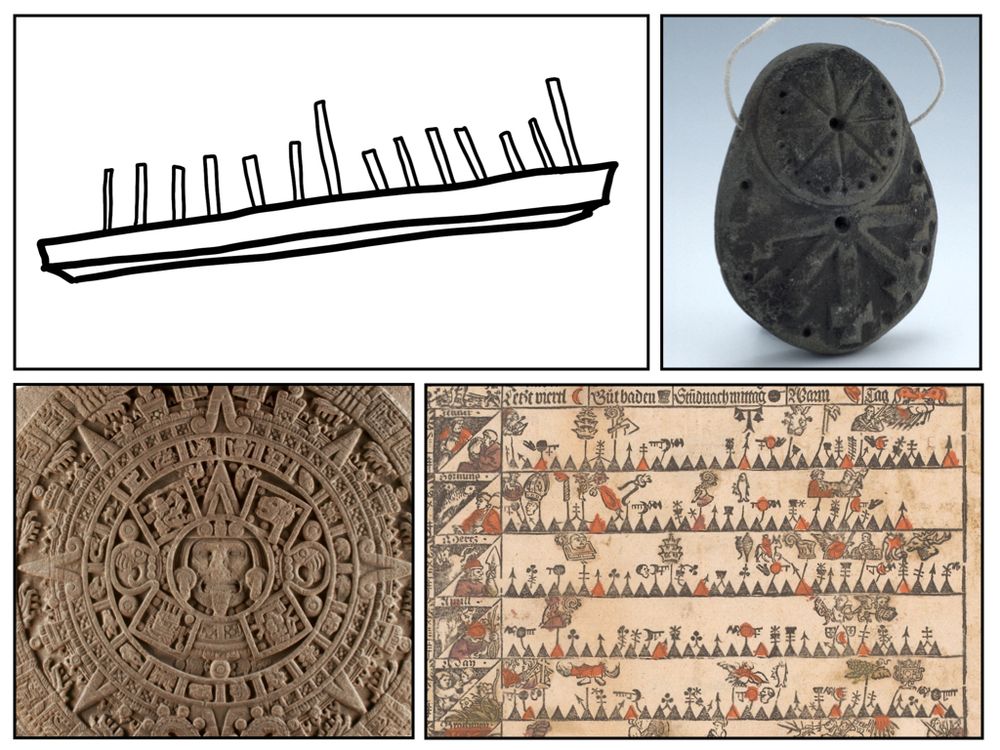
My new paper explores this vast, varied toolkit—one that makes use of knots, nuts, hands, flowers, mountains, shadows, and much more.
(link 👇)
Dog domestication is a singular "natural experiment" in brain evolution, one that we're just starting to understand. It's a bit bonkers more neuroscientists aren't working on it.
Just one of the topics discussed in our latest episode, w/ @erinhecht.bsky.social!
Listen: disi.org/of-breeds-an...

Dog domestication is a singular "natural experiment" in brain evolution, one that we're just starting to understand. It's a bit bonkers more neuroscientists aren't working on it.
1/
💙📚 🧪🗃 #ancient #medieval #earlymodern #histsci #histmed #18thCentury #politics #psychology #HAMH 🧵

1/
💙📚 🧪🗃 #ancient #medieval #earlymodern #histsci #histmed #18thCentury #politics #psychology #HAMH 🧵
I won't say this conversation left me feeling optimistic, exactly, but it certainly broadened my imagination.
A conversation with Dr. Henry Shevlin about the emerging world of "social AI."
Digital lovers. AI coaches and tutors. Griefbots and artificial friends. What will this mean for our relationships, our social skills, and our society as a whole?
Listen: disi.org/the-age-of-s...

I won't say this conversation left me feeling optimistic, exactly, but it certainly broadened my imagination.
- the deep evolutionary history of birds
- sci-fi-sounding structures in bird brains
- the perennial puzzle of magnetoreception
- seasonal changes in bird (and some mammal) brains
- unihemispheric sleep
- gynandromophry
- the extractive foraging hypothesis
etc.!
A lot, it turns out.
Just one of the topics discussed in our latest episode, w/ @evoneuro.bsky.social & Georg Striedter!
Listen: disi.org/brains-of-a-...

- the deep evolutionary history of birds
- sci-fi-sounding structures in bird brains
- the perennial puzzle of magnetoreception
- seasonal changes in bird (and some mammal) brains
- unihemispheric sleep
- gynandromophry
- the extractive foraging hypothesis
etc.!

What makes pulling back the lip corners a fundamentally positive act? Why don’t we beam out good vibes by blinking our eyes or wrinkling our noses?
From our archive, @kensycoop.bsky.social's essay about the (murky) origins of the smile: disi.org/dawn-of-the-...

What makes pulling back the lip corners a fundamentally positive act? Why don’t we beam out good vibes by blinking our eyes or wrinkling our noses?
From our archive, @kensycoop.bsky.social's essay about the (murky) origins of the smile: disi.org/dawn-of-the-...
I strongly recommend his new book—especially if you like your non-fiction laced with personal narrative, quirky characters, & history of ideas.
Just one of the topics discussed in latest episode, with @manvir.bsky.social!
Listen: disi.org/the-shaman-w...
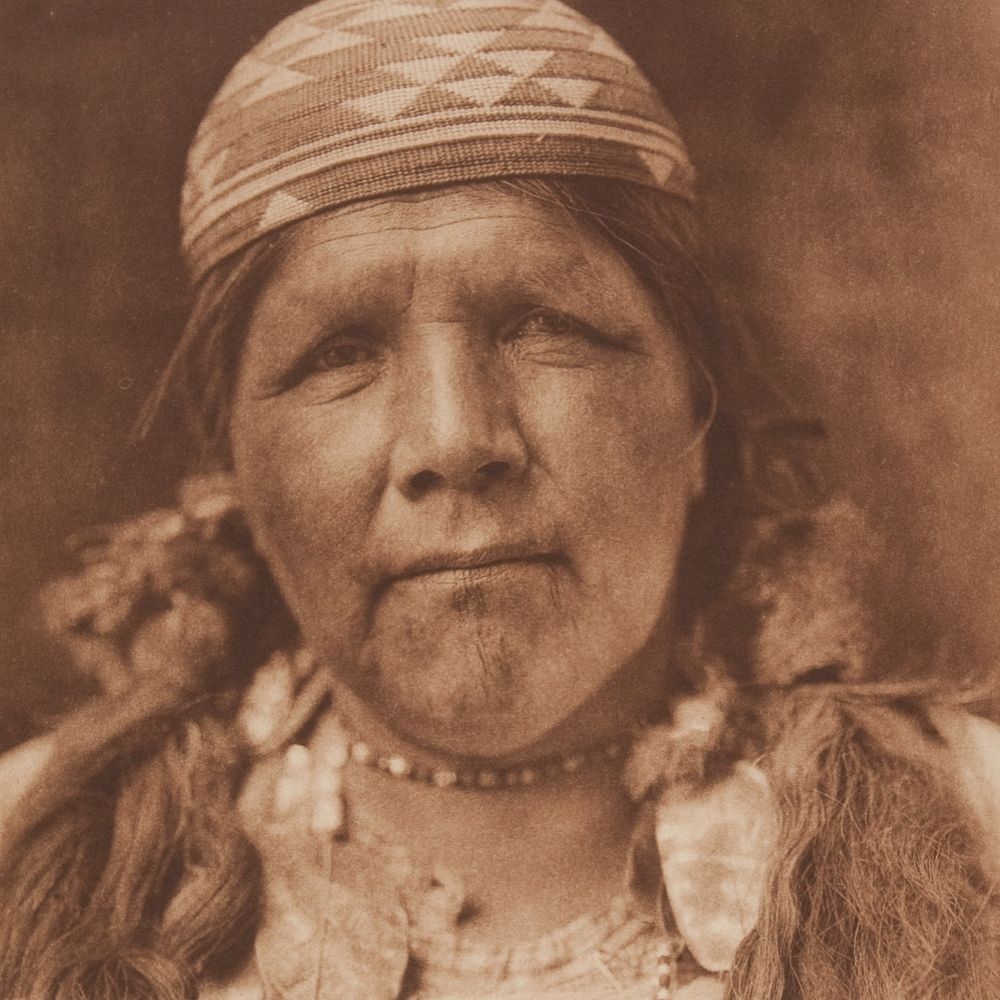
I strongly recommend his new book—especially if you like your non-fiction laced with personal narrative, quirky characters, & history of ideas.
A conversation with @manvir.bsky.social about the many faces of shamanism.
Shamanism is not a relic of the past or a curio from far-off lands—it's alive and well, all around the world. The roots of shamanism, after all, lie within us.
Listen: disi.org/the-shaman-w...

podcasts.apple.com/us/podcast/v...
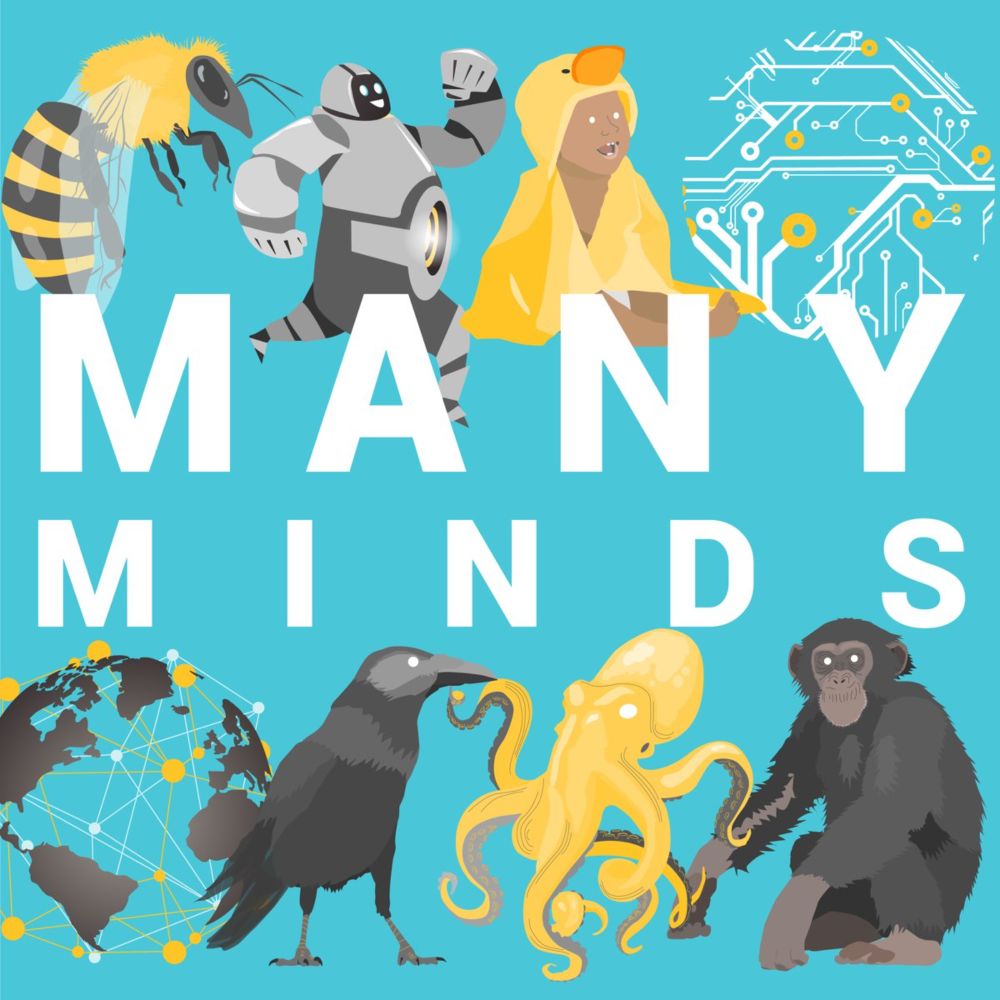
podcasts.apple.com/us/podcast/v...
A chat w/ @sheinalew.bsky.social & @dorsaamir.bsky.social about childhood across cultures.
Humans everywhere go through childhood—a time of learning, growth, and play. But this universal stage of life can look very different in different places.
Listen: disi.org/varieties-of...

A conversation w/ @mjcrockett.bsky.social about AI and science!
We're in the midst of a major transformation, with AI reshaping the entire research pipeline. These changes may well boost scientific productivity. Will they also boost understanding?
Listen: disi.org/science-ai-a...

- the Big Five and other "Big Few" models
- the Myer's Briggs
- how personality reliably changes with age
- how personality *doesn't* really change with life events
- the (putative) biological basis of personality
- how personality varies by gender, birth order (?), occupation
A conversation w/ @renemottus.bsky.social about the science of human personality.
The "Big Five" model of human personality has been enormously generative and influential. But what does it miss? What does it mask? Where should the field go next?
Listen: disi.org/the-big-five...
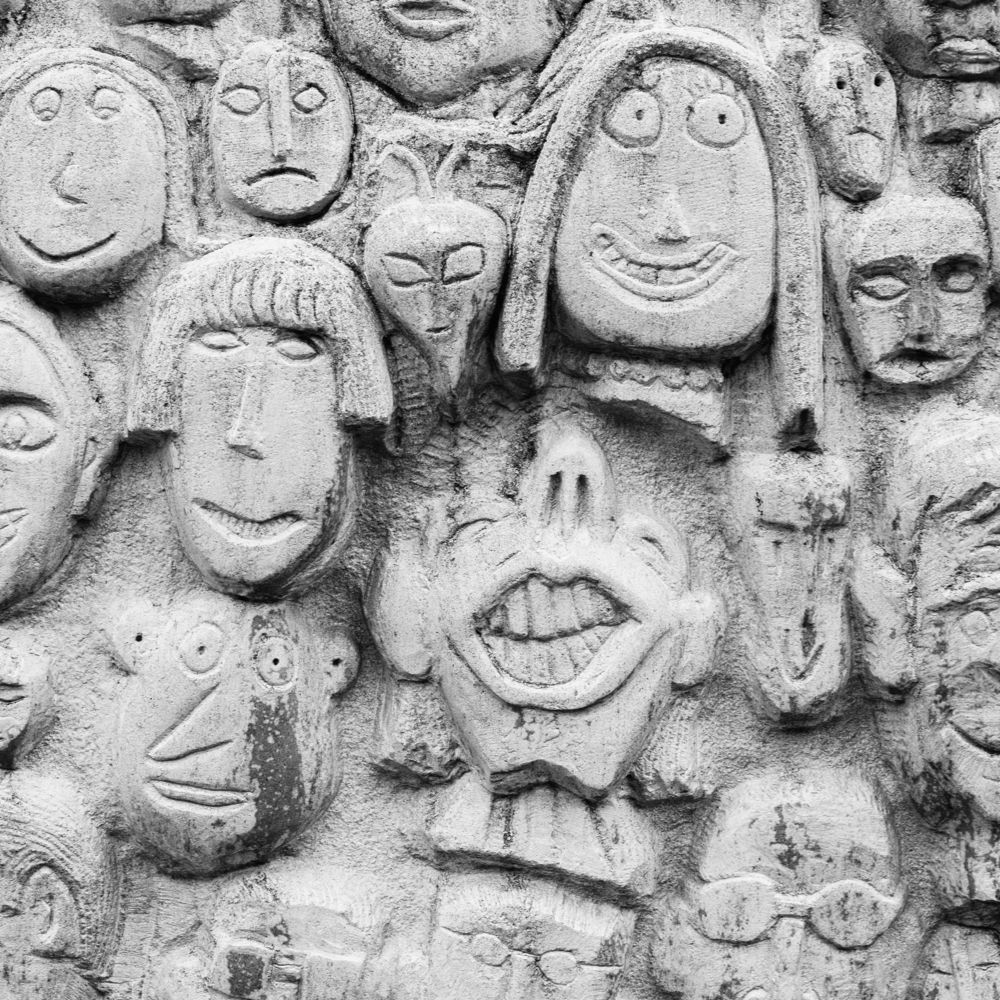
- the Big Five and other "Big Few" models
- the Myer's Briggs
- how personality reliably changes with age
- how personality *doesn't* really change with life events
- the (putative) biological basis of personality
- how personality varies by gender, birth order (?), occupation
Every guest invited to a feast gets a green banana from the same stalk. When the bananas are just about ripe, the guests know the event is due.
(hat tip to William Buckner; reported in Harner, 1973)
A related practice was to create coordination devices. You distributed copies of simple artifact with identical numbers of markers (knots, pegs, etc.) to people attending a future event. Everyone removes one marker each morning; the event is due to occur on the day the last marker is removed.
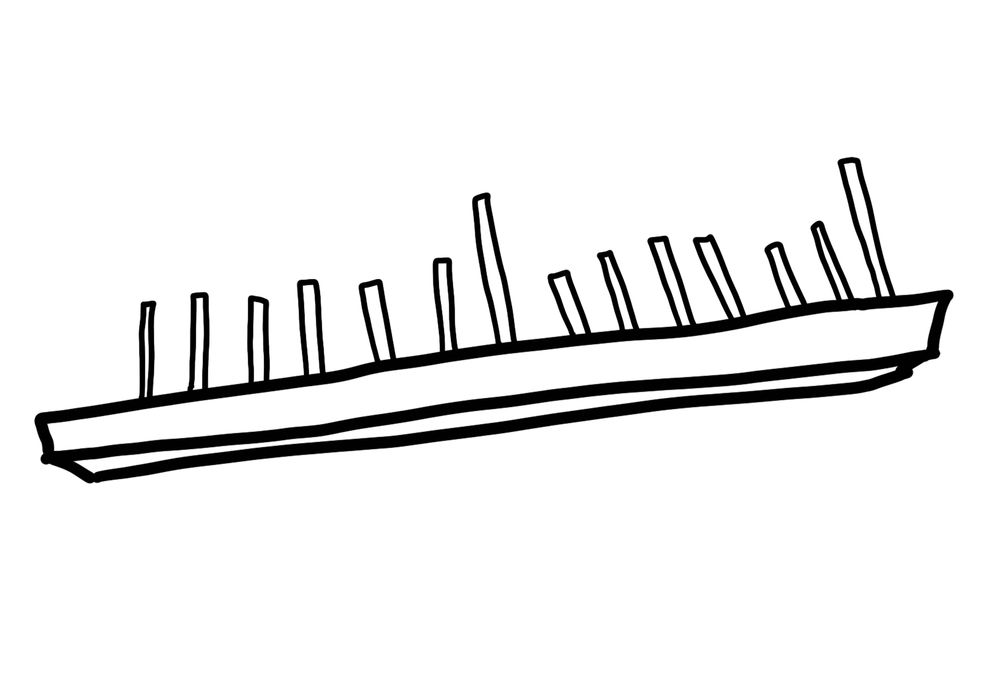
Every guest invited to a feast gets a green banana from the same stalk. When the bananas are just about ripe, the guests know the event is due.
(hat tip to William Buckner; reported in Harner, 1973)
- ontological shock
- mysticism
- "comforting delusions"
- "unselfing"
- microdosing
- placebo effects & adverse effects
- physicalism and idealism
- belief change
- environmental virtues
- meditation
- psychedelics as "agents of moral enhancement"
A conversation w/ Dr. Chris Letheby about the philosophy of psychedelics.
Psychedelics open up new questions—questions about the mind, belief, the self, moral enhancement, and the ethics of transformative experience. Philosophers have taken note.
Listen: disi.org/philosophers...

- ontological shock
- mysticism
- "comforting delusions"
- "unselfing"
- microdosing
- placebo effects & adverse effects
- physicalism and idealism
- belief change
- environmental virtues
- meditation
- psychedelics as "agents of moral enhancement"
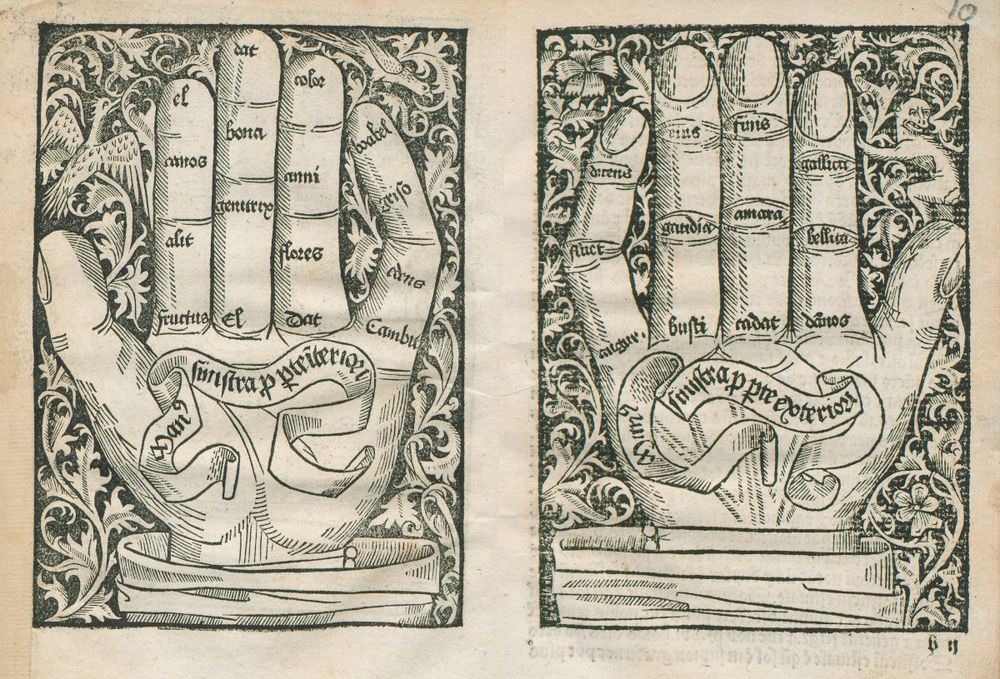
First, up "mountain calendars"...
My new paper explores this vast, varied toolkit—one that makes use of knots, nuts, hands, flowers, mountains, shadows, and much more.
(link 👇)



First, up "mountain calendars"...
A conversation w/ @tessamontague.bsky.social about cephalopod camouflage.
Cuttlefish and other cephalopods can change their appearance—color, pattern, texture—with lightning speed. What's going on in their skin and brains that makes this possible?
Link: disi.org/the-cuttlefi...
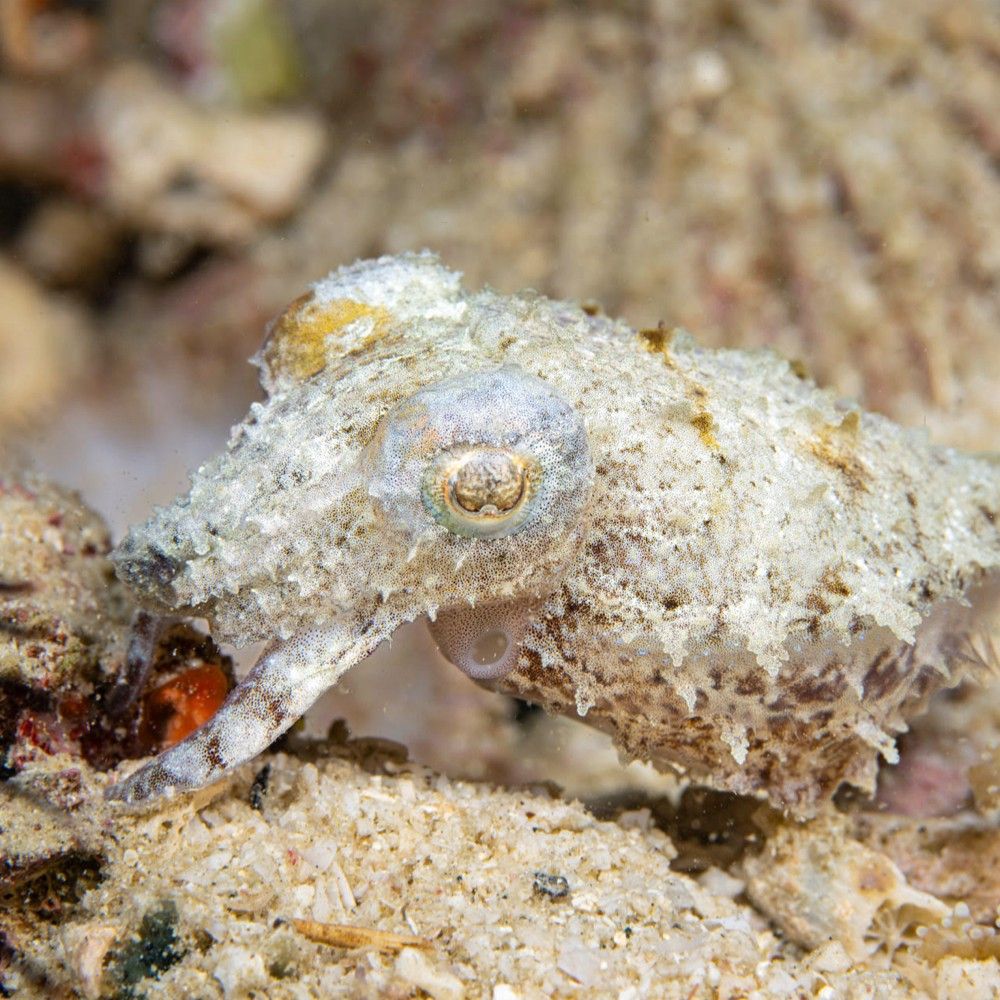
My new paper explores this vast, varied toolkit—one that makes use of knots, nuts, hands, flowers, mountains, shadows, and much more.
(link 👇)



My new paper explores this vast, varied toolkit—one that makes use of knots, nuts, hands, flowers, mountains, shadows, and much more.
(link 👇)

A conversation with Bradley Irish about the (alleged) universality of human emotions.
Are there "basic" emotions? Do our linguistic categories shape what we feel? Did people in Elizabethan London experience disgust the same way we do today?
Listen: disi.org/universal-em...

We cover domestication syndrome, plasticity-led evolution, soft inheritance, animal traditions, how culture shapes evolution, and more.
Kensy also does a wonderful production job, turning me into a coherent speaker! Thank you
A conversation w/ @kevinlala.bsky.social about his new (co-authored) book, ‘Evolution Evolving'!
Ideas about evolution have changed a lot in recent decades. An emerging view—synthesized by Lala et al.—puts developmental processes front and center.
Listen: disi.org/the-developm...

We cover domestication syndrome, plasticity-led evolution, soft inheritance, animal traditions, how culture shapes evolution, and more.
Kensy also does a wonderful production job, turning me into a coherent speaker! Thank you
open.spotify.com/episode/1Clj...

open.spotify.com/episode/1Clj...
In which we discuss:
- the prehistory of string
- why anthropology fell in—and out of—love with string figures
- Jacob's Ladder and other strikingly widespread figures
- knots galore
- topology as the first branch of math
- why the human mind is drawn to string figures
etc.
A chat w/ @roope.bsky.social about string in human culture.
String is one of our most ancient and useful technologies. But we haven’t only used it for textiles, net-making, and other practical purposes. We’ve also long used it to tickle our minds.
Listen: disi.org/string-theor...

In which we discuss:
- the prehistory of string
- why anthropology fell in—and out of—love with string figures
- Jacob's Ladder and other strikingly widespread figures
- knots galore
- topology as the first branch of math
- why the human mind is drawn to string figures
etc.
Happy—of course—to answer any questions if you're thinking of applying.
Applications for the 2025 Diverse Intelligences Summer Institute (DISI) are now open!!
Are you interested in intelligence, mind, and cognition in all its forms? Early-career scholars from any discipline—and storytellers in any medium—are encouraged to apply!
More info: disi.org
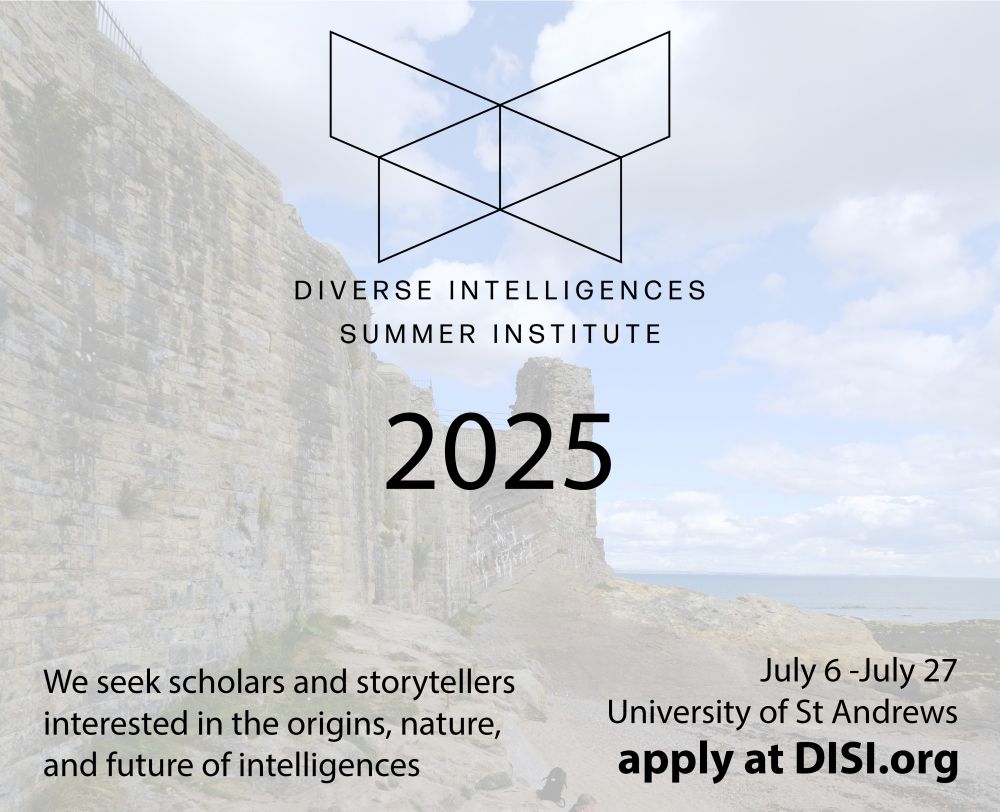
Happy—of course—to answer any questions if you're thinking of applying.
In which we discuss:
- the curse of knowledge & illusion of explanatory depth
- why chain-of-thought prompting works (or doesn't)
- "Explain Like I'm Five"
- the Tower of Pisa thought experiment
- representational re-description
- learning by writing, talking, & presenting
- etc.!
A conversation w/ @tanialombrozo.bsky.social about "learning by thinking."
We often learn from others or from the outside world. But other times new understanding bubbles up from inside our own minds. When does this happen? And how does it work?
Listen: disi.org/a-paradox-of...

In which we discuss:
- the curse of knowledge & illusion of explanatory depth
- why chain-of-thought prompting works (or doesn't)
- "Explain Like I'm Five"
- the Tower of Pisa thought experiment
- representational re-description
- learning by writing, talking, & presenting
- etc.!

